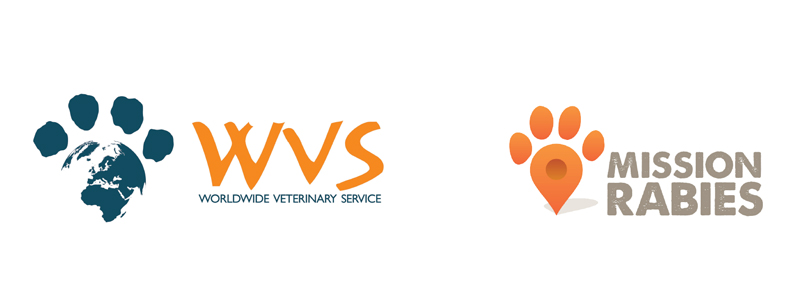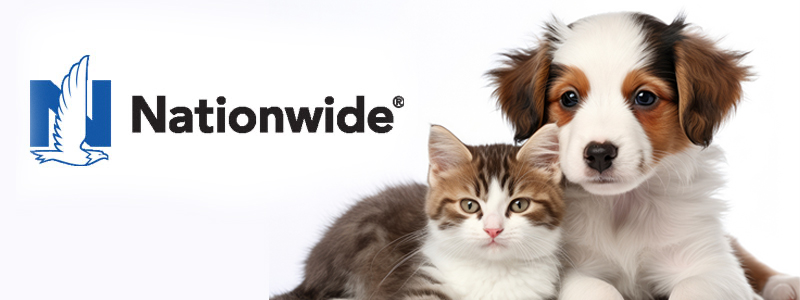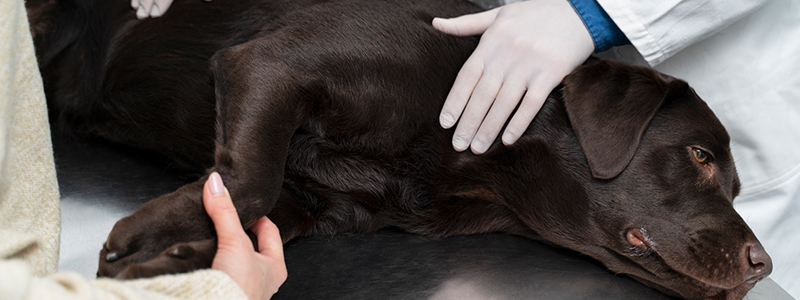Matt Peuser, DVM, a veterinarian from Olathe, KS, is joining Mission Rabies, a project of veterinary charity Worldwide Veterinary Service, for a mass vaccination drive in Cambodia. Rabies vaccinations will be administered to dogs for free across the Provinces of Phnom Penh, Kandal, and Battambang. Around 300 vaccination teams will work their way through communities, door-to-door, as part of an effort to protect human and animal lives from rabies.
Rabies kills approximately 59,000 people globally every year and Cambodia has one of the highest rabies death rates per capita of any country in the world. The 2024 campaign follows on from the 2023 project where 74,983 dogs were vaccinated during an intensive ten-day campaign in Phnom Penh and Kandal Provinces, a huge step forward for rabies control in Cambodia.
Dr. Peuser, who will be volunteering at the project from October 26-Nov 2, explains why he chose to be part of this project:
“I believe that part of my purpose as a veterinarian is to give back to those less fortunate. I’ve volunteered with other organizations to do so. Getting the opportunity to volunteer with Mission Rabies is something that I am extremely excited about and proud to be able to help.”
Infected dog bites are the main cause of rabies in people and studies have proven that mass canine vaccination programs are the most effective way to control the disease. At its global projects, Mission Rabies aims to vaccinate 70% of the canine population, the coverage needed to eliminate the disease in dogs and prevent human deaths. A combination of door-to-door visits and static point vaccination clinics are used to achieve this.
Founder and CEO of Mission Rabies, Dr Luke Gamble, explains why large-scale canine vaccination is vital to protecting people from rabies in Cambodia:
“In Cambodia, the reality of rabies is a tragic one. Statistically, children die of canine transmitted rabies every week in Phnom Penh, and annually, approximately 600,000 people in the country are bitten by dogs. The lack of awareness about this deadly disease means that many bitten individuals do not receive the post-exposure treatment they need, leaving them with no chance for survival once symptoms appear. But we won’t let this continue.’
Mission Rabies began work in Cambodia in 2019, running a pilot vaccination campaign and commencing an education program in the capital city. Ever since, its 24-hour surveillance team has responded to reports of rabid dogs and ensured anyone bitten receives immediate post-exposure treatment. Their rabies hotline allows members of the public to report rabid dog sightings and to seek support for any rabies emergencies.
Mission Rabies will be sharing updates throughout the vaccination drive, and readers can find out more at www.missionrabies.com.
Further information:
Mission Rabies is a project of Worldwide Veterinary Service (WVS), an international veterinary charity based in the UK. Set up by veterinarian Dr Luke Gamble in 2003, the charity provides veterinary support to animals in need and acts as a central veterinary resource for animal charities and non-profit organisations around the world. In 2013, WVS launched the Mission Rabies project to eliminate canine-mediated human rabies deaths by 2030. Following World Health Organization guidelines, Mission Rabies runs mass canine vaccination and community education in the world’s worst hotspots for the disease. Mission Rabies currently delivers campaigns in Malawi, India, Sri Lanka, Zambia, Uganda, Tanzania, Ghana, Mozambique, Cambodia, and Thailand. Over four million dogs have been vaccinated and over eight million children have been educated worldwide since Mission Rabies began.
The vaccination drive will be delivered in partnership with the General Directorate of Animal Health and Production, Institut Pasteur du Cambodge, and Animal Rescue Cambodia.
To efficiently deliver canine vaccinations on a large scale, the charity uses its own bespoke data collection ‘rabies app’. Vaccination figures and information about each dog is entered into the app to help with rabies and dog population research, and to ensure the campaigns are effective and measurable.





